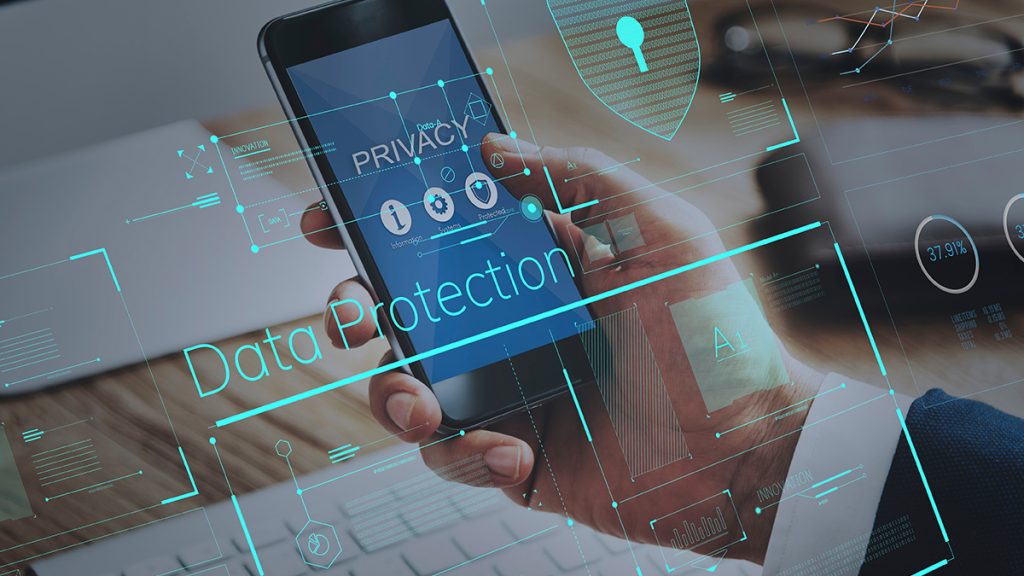
In this digital age, telecommunication has become an integral part of our lives. People are constantly worried about their data privacy when they access a program or smartphone. Cyber-attacks can happen to anyone using technology, including telecommunication companies. Cybercriminals are developing new and sophisticated methods to breach data security and steal sensitive information as technology advances. This is why telecommunication data security is crucial. It protects personal data, confidential business data, and critical infrastructure from cyberattacks. But how can we prevent future cyberattacks? Proper implementation of data privacy measures is the key. Let’s look at the importance of telecommunication data security. Then, figure out how data privacy can be used to eliminate and prevent future cyberattacks.
Data Security in Telecoms
Telecommunication data security is critical because it protects sensitive information such as personal data, financial information, and confidential business data. This information is susceptible to cyberattacks, which can have detrimental effects on individuals, businesses, and governments. For instance, cybercriminals can steal personal data, such as names, addresses, and credit card information, and use it for identity theft or financial fraud. They can also steal confidential business data, such as intellectual property, financial records, and trade secrets, which can harm a company’s reputation and lead to financial losses. In addition, cyberattacks can disrupt telecommunication services. Which can cause a widespread outages that can affect critical infrastructure such as emergency services and transportation systems.
The Need for Data Privacy
Cyberattacks are evolving and becoming more sophisticated, and they can be launched from anywhere in the world. As technology advances, so do the methods used by cybercriminals to breach data security. For instance, they can use social engineering techniques such as phishing and baiting to trick people into revealing sensitive information or installing malware on their devices. They can also exploit vulnerabilities in software and hardware systems to gain access to networks and steal data. In addition, they can use ransomware to encrypt data and demand payment in exchange for its release.
It is essential to implement data privacy measures in telecommunication networks to prevent future cyberattacks. Data privacy refers to the protection of personal data and the right of individuals to control how their data is collected, used, and shared. To protect their networks and data, telecommunication companies can implement data privacy measures such as encryption, multi-factor authentication, firewalls, and intrusion detection systems. In addition, they can use data masking and tokenization to hide sensitive information and ensure that it is only accessible to authorized users.
Telecommunication companies can also provide regular training to their employees to prevent social engineering attacks and ensure that they follow best practices for data privacy. In addition, telecom companies should also be transparent about their data security practices and policies. They should provide users with clear information on how their data is collected, used, and protected. In the event of a data breach, telecom companies should have a clear plan to mitigate the damage and promptly notify affected users.
Governments in Telecoms Data Security
Governments also play a crucial role in telecommunication data security. They can enact laws and regulations that require telecommunication companies to implement data privacy measures. In addition to, ensuring that they comply with best practices for data security. For instance, the European Union’s General Data Protection Regulation (GDPR) requires companies to obtain explicit consent from individuals before collecting their data and to implement measures such as encryption and data anonymization to protect their data.
In addition, the United States has several laws, such as the California Consumer Privacy Act (CCPA) and the Health Insurance Portability and Accountability Act (HIPAA), that require companies to protect personal data and health information.
Moreover, governments can work with telecommunication companies to develop cybersecurity strategies that address emerging threats and protect critical infrastructure. For instance, the United States Cybersecurity and Infrastructure Security Agency (CISA) collaborates with telecommunication companies and other stakeholders to prevent cyberattacks on critical infrastructure such as energy, transportation, and emergency services.
Final Thoughts
In today’s digital age, data is critical for any company, including telecom companies. With the increasing amount of data generated and transmitted over telecommunication networks, ensuring the security and privacy of this data has become a top priority. The data security responsibility falls on the telecom company and the user. Telecom companies must implement robust security measures to protect user data. Still, users are also responsible for using strong passwords, updating their software regularly, and being mindful of the information they share online.
Inside Telecom provides you with an extensive list of content covering all aspects of the Tech industry. Keep an eye on our Cryptocurrency section to stay informed and updated with our daily articles.